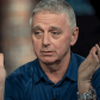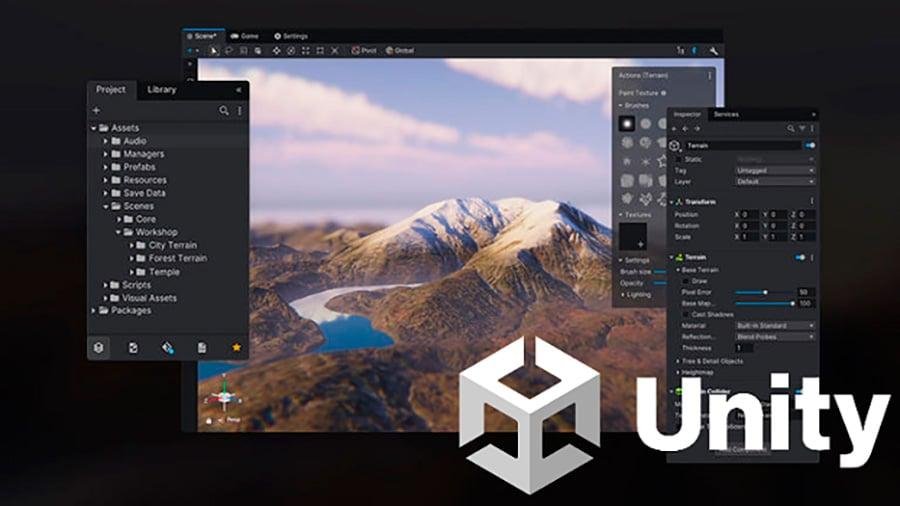Unity, a prominent game engine provider, recently introduced changes to its fee policies related to game installations. While presented to encourage further utilization of their engine, the broader market seems to be weighing the implications.
Interestingly, just before this policy announcement on September 6, CEO John Riccitiello divested around 2,000 shares of the company stock, contributing to a minor surge in stock value. However, the subsequent Wednesday saw a decrease of over 7% in share value.
Riccitiello has been consistently divesting his stake in Unity over the past year, without repurchasing any shares. In the last 12 months, he has sold over 50,000 shares, a significant amount for someone who has been at the helm since 2014. This trend does not only apply to the CEO. Several top management members have reduced their shareholdings. For instance, Unity's Chairman of Growth, Tomer Bar-Zeev, disposed of 37,500 shares amounting to around $1.4 million on September 1. In a similar move, Shlomo Dovrat secured a profit of $2.5 million by offloading 68,000 shares on August 30.
The game engine's user community, especially independent developers and studios, has been keenly observing these activities. Scott Richmond, Director at Brightrock Games, aired his views on Twitter, pointing towards possible insider trading activities by Unity's executive team. This observation comes from the timing of these share sales, which closely preceded the announcement of the revised pricing model.
As a part of these policy adjustments, Unity has implemented an "installation fee" for developers once their games achieve certain revenue milestones. This decision has been met with resistance, especially from independent game creators and studios.


